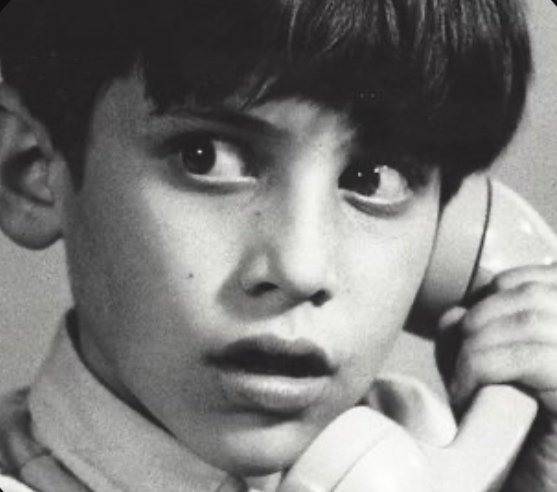An Honest Comedian on Guns
/In the endless struggle for gun sanity in America, it’s easy to get discouraged. Despite the President’s brave words immediately after the Charleston massacre—reprised in his indelible eulogy, a few days later, at the funeral of State Senator Clementa Pinckney—many people seem to think the real truth is that nothing at all has really happened in the struggle against gun violence, and that, perhaps, nothing can happen. It’s even been suggested that we have chosen to focus, successfully, on the Confederate flags outside Southern state houses because we cannot do anything about guns in Americans’ hands—that symbols make easier targets than weapons.
But this is to make a much too easy mistake—it’s to think that the absence of big events in a big national spotlight means that nothing is changing on the ground. In fact, Franklin Zimring’s great lesson about the social struggle to reduce violence remains the crucial takeaway of the past twenty-five years—that it is not big, high fences, so to speak, that keep violence away. Really, a series of low, small ones, each representing a moment for at least a pause, can do the necessary work. Every little move toward gun control can end with outsize effects. A thousand small sanities, each begun on a minute scale through local efforts, can help to create a million safer neighborhoods and families.
Two instances: one is the success, documented in a report in the WashingtonPost, of a once much-mocked law in Connecticut, passed in 1994, enforcing a permit system for handgun purchases. The result, twenty years later, according to a rigorous, non-anecdotal study by researchers at Johns Hopkins and Berkeley? “Connecticut’s ‘permit-to-purchase’ law was actually a huge success for public safety … they estimate that the law reduced gun homicides by 40 percent between 1996 and 2005. That’s 296 lives saved in 10 years.” The correlation between gun laws—all gun laws—and reducing gun violence is, as I’ve written before, as robust as any in the social sciences: this is just one more instance. And there are almost three hundred people alive who would not be without it. (That this is the same state as the needless tragedy of Newtown only brings the good news into sharper focus.) And, though one of the ways the death lobby tries to fudge the facts about guns is to use the happy truth that violent crime has been falling around the world to argue for a correlation between the tragedy of American gun possession and that descent, the new study shows just how bogus that connection really is. “In the control states, homicide rates tumbled in the mid ’90s—but in Connecticut, the gun homicide rate fell faster and farther, even after controlling for demographic changes, incomes and policing levels.” Here’s another good sign: an expanded background-check law passed in Oregon just in May, despite ferocious opposition from the gun lobby.
And the best small sign of all is always when we hear the plain truth about a public issue being plainly spoken. So, in a way, the most encouraging event is the brilliant, hilarious, and astonishingly complete discussion of the issue of gun control and American madness by the great Australian comedian Jim Jefferies.
Jefferies makes every point that ought to be made: about the absurdity of gun possession for personal protection (as it happens, he is the victim of a home invasion); about the Australian experience at Port Arthur, in 1996, when a single gunman killed thirty-five people, and how the new laws brought in afterward ended gun massacres there; above all, about how purely fetishistic the American attachment to personal weaponry is.* “What I am not for are bullshit arguments and lies. ‘Fuck off, I like guns.’ It’s not the best argument. But it’s all you’ve got,” he says, with high spirit and truth. Not since George Carlin reëmerged angry and articulate, in the nineties, has a comedian called American bullshit to order so eloquently, or with more matey good cheer. Once again, as so often, we can feel that, with all its horrors, we are lucky to be living on a planet with good musicians and honest comedians.
*This sentence has been revised to state the correct, larger number of victims


